G20 finance ministers urge stepped-up dialog to end trade tensions
Finance ministers of the G20 group have warned against the repercussions of ongoing trade tensions on the global economy as their two-day summit came to an end with no breakthrough in efforts to resolve the tariff disputes with the US.
In a joint communiqué issued at the end of the summit in Argentina on Sunday, the finance ministers and central bank governors of the G20 member states voiced alarm over the risks facing the global economic growth “over the short and medium term.”
“These include rising financial vulnerabilities, heightened trade and geopolitical tensions, global imbalances, inequality and structurally weak growth, particularly in some advanced economies,” said the senior officials of the 20 leading economies.
They described international trade and investment as “important engines of growth,” calling for stepped-up dialog “to mitigate risks and enhance confidence.”
The summit was held amid fears of an escalating global trade war ignited by a wave of tariffs introduced by the United States against China and its allies in the European Union.
The Sunday communiqué did not mention Washington’s economic policies as the core of the ongoing disputes, but it marked a sharper language compared to the statement issued in March, in which the ministers simply “recognize the need for further dialog.”
No significant consensus was reached in the latest G20 meeting on how to resolve the multiple disputes over US tariff actions.
The US and China, the world’s largest economies and G20 member states, are involved in a bitter trade conflict. Washington and Beijing have so far imposed duties on $34 billion worth of each other’s imported products.
President Donald Trump recently raised the stakes with a threat to introduce duties on all of China's $500-billion exports to the US unless Beijing agrees to significant structural changes to its technology transfer, industrial subsidy and joint venture policies.
Beijing has accused Washington of “trade bullying” and already filed a complaint with the World Trade Organization (WTO) against the new US-proposed duties.
Trump has also angered Washington's allies, including Canada and the EU, by imposing import tariffs of 25 percent on steel and 10 percent on aluminum, sparking retaliatory tariffs from the 28-nation bloc and Ottawa on an array of American goods.
Last week, the US president described the EU as a “foe” on trade.
The new tariffs also hit India and Turkey, both G20 member states, last month, with Ankara and New Delhi saying that they would adopt retaliatory tariffs against US products.
On Sunday, EU Finance Chief Pierre Moscovici criticized Trump’s protectionist policies, but said cool heads were needed to settle the dispute.
While the bloc “is willing to build bridges, we believe that targeting us is certainly inappropriate... and that we must act with the US as allies -- not foes, but allies,” he added.
French Finance Minister Bruno Le Maire also said at the forum that the current US trade policy of imposing unilateral tariffs was based on “the law of the jungle.”
US Treasury Secretary Steven Mnuchin, however, defended the tariffs and urged the EU and China to open their markets to allow free competition.
Iran pursuing broader cooperation with African nations: Pezeshkian
Israeli minister threatens to seize entire Gaza if Hamas refuses to disarm
VIDEO | Gaza teacher starts ‘Little Wings’ initiative to bring joy to kids
Spanish FM urges firmer EU stance on Gaza crisis, West Bank settlement expansion
Israel ‘serious obstacle’ to nuke-free West Asia: Iranian diplomat
High-profile Israeli-American brothers on trial for sex trafficking and assault
Settlers served lavish lunch in Israeli prison holding fasting Palestinians
VIDEO | Press TV's news headlines


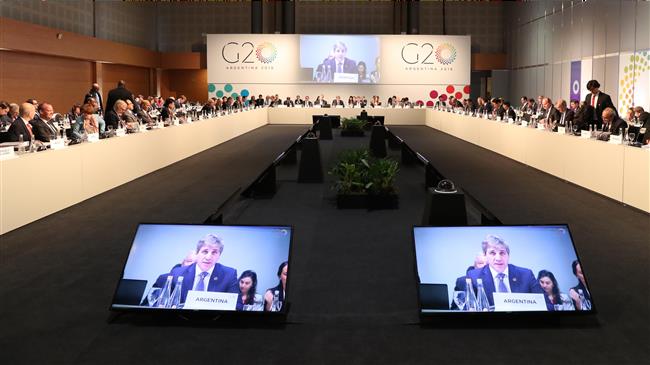


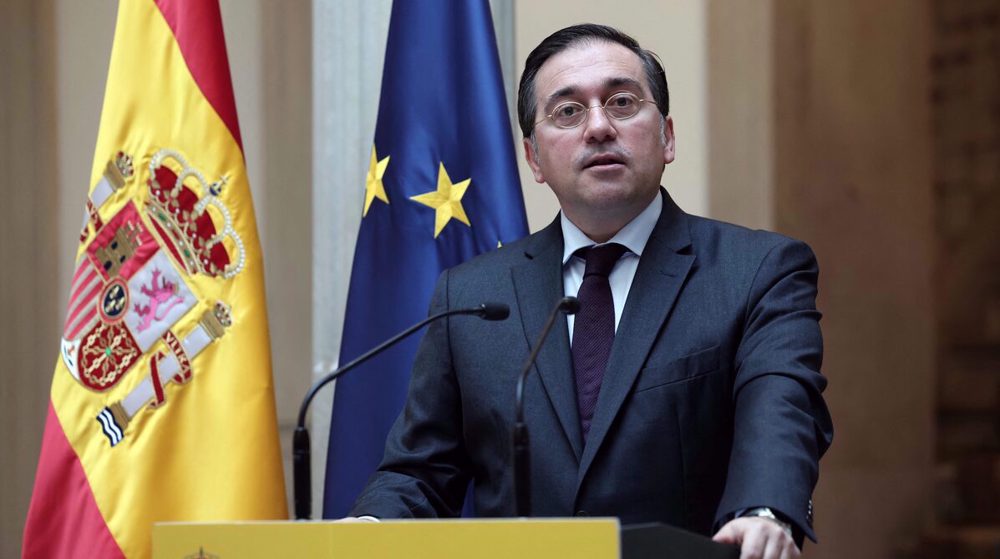
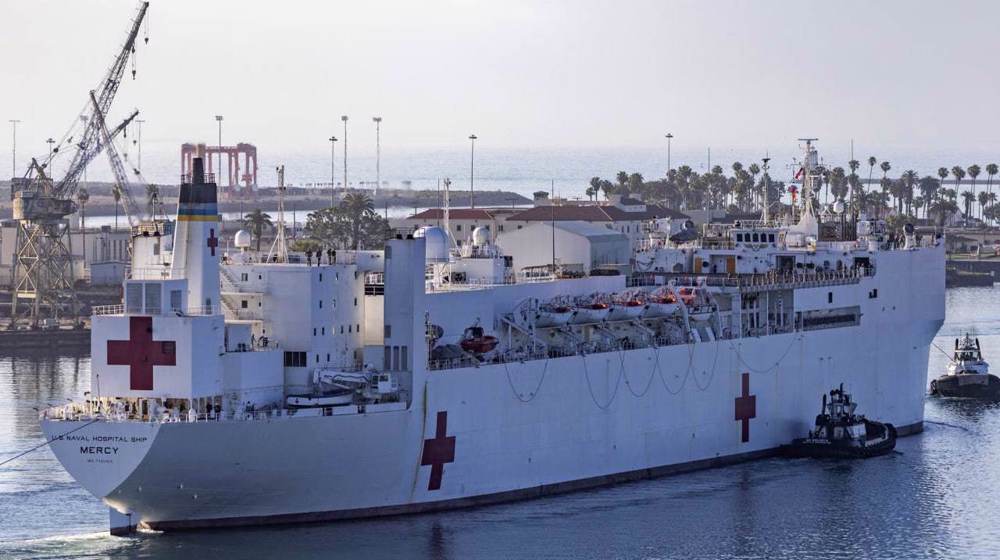
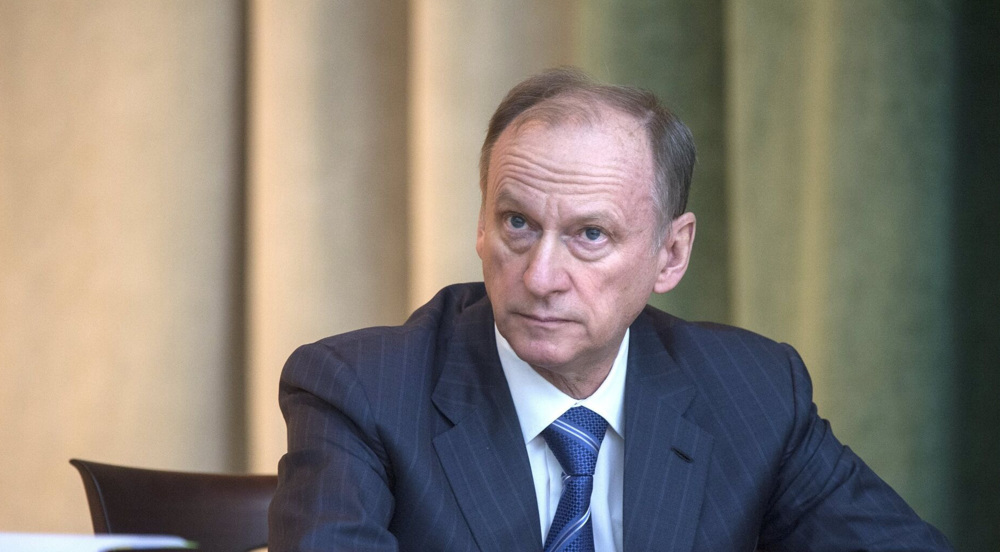



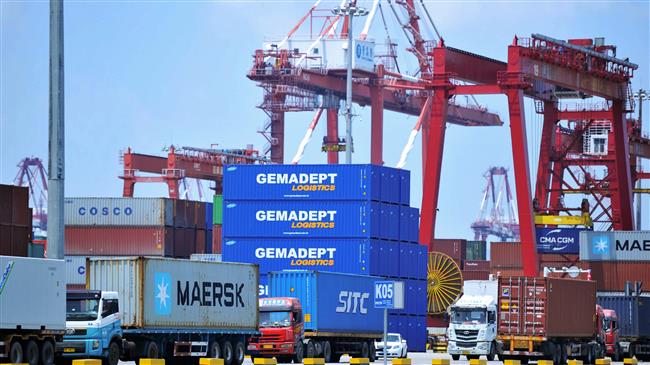
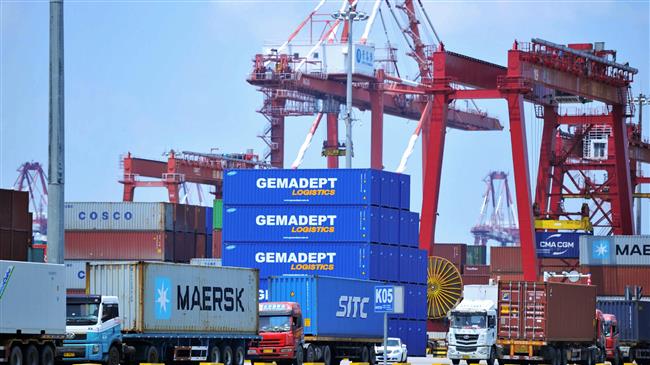



 This makes it easy to access the Press TV website
This makes it easy to access the Press TV website